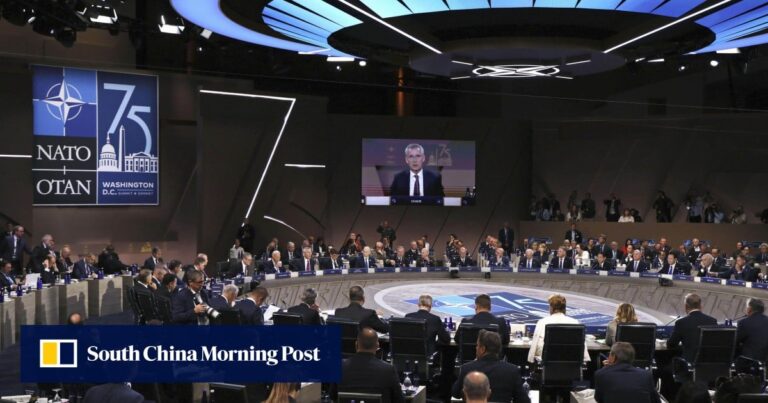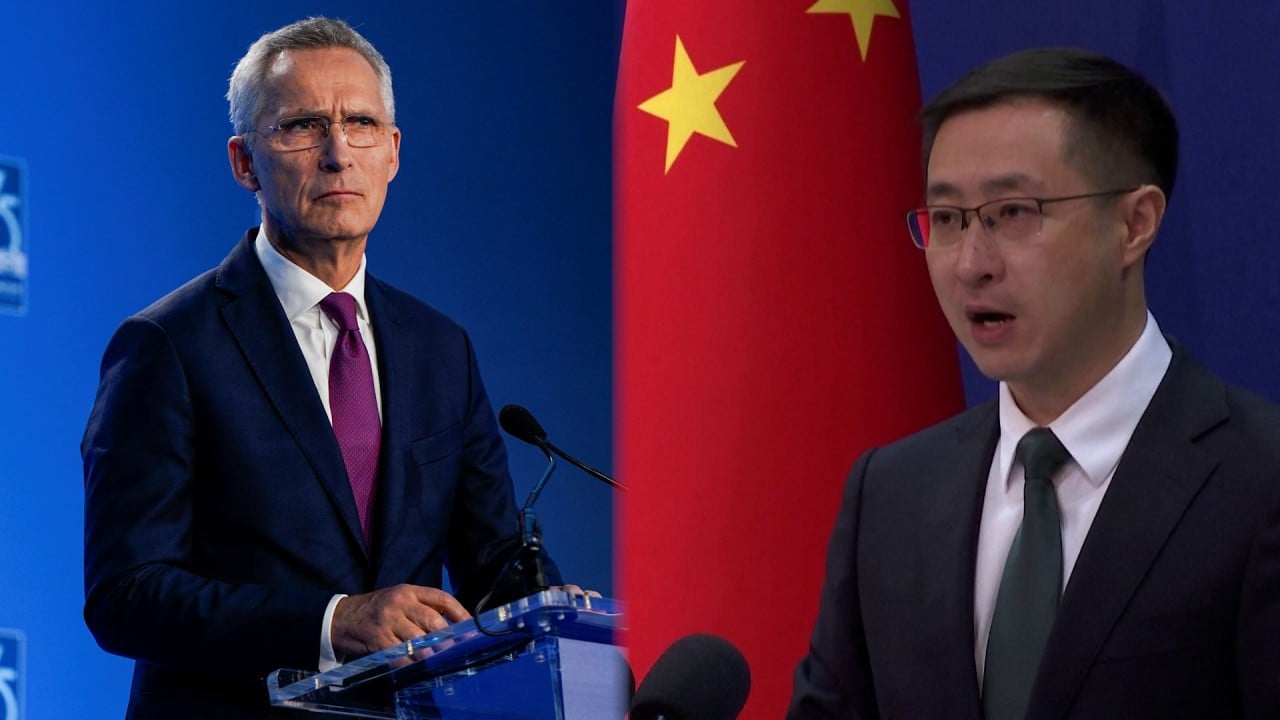It also said China poses systemic challenges to Euro-Atlantic security, particularly through its “sustained malicious cyber and hybrid activities.”
The “authoritarian leaders” of China, Iran and North Korea are “all [support] “Russia’s brutal war,” Stoltenberg told attendees of an official celebration on Tuesday.
And if China is supporting Russia, [its] He said:
The message was reinforced by National Security Advisor Jake Sullivan, who warned the named adversaries that “we are watching closely to see what the implications are for security in the Indo-Pacific and other parts of the world.”
Those under scrutiny include NATO’s Indo-Pacific partners, Japan, South Korea, Australia and New Zealand, who must balance their security concerns with strong trade ties with China. Australia, for example, has spent two years repairing ties with its largest trading partner, an effort that culminated in a visit to Australia by Chinese Premier Li Qiang last month.
Czech President Petr Pavel made a similar statement, calling on other member states to support Washington in “competing with China in all spheres around the world.”
Pavel said a Russian victory would strengthen China’s “geopolitical influence” and could lead to a “more assertive and aggressive” stance.
Amid the accusations, Beijing maintains it does not supply arms to Russia and maintains strict controls over the export of dual-use equipment that could be used in a conflict.
“NATO’s so-called security is often built on the insecurity of other countries, and NATO’s actions have exposed the world and the region to high security risks,” Chinese foreign ministry spokesman Lin Jian said on Tuesday.
“We urge NATO to form a correct understanding of China and play a constructive role in promoting world peace, stability and development,” Lin said.


